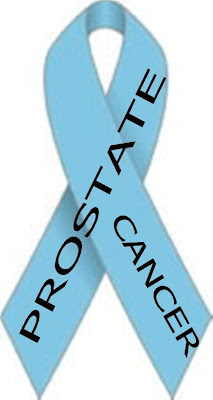More than almost any topic in the popular media, sleep, or the lack thereof, has been the subject of seemingly countless articles. This article from PARADE magazine is a typical example, which notes: “If you feel tired all the time, talk to your doctor. Persistent fatigue could signal a medical condition such as sleep apnea, an underactive thyroid, or anemia.” Here is Mark Evanier’s sleep apnea history, for example.
The Centers for Disease Control has a whole section devoted to sleep and sleep disorders, which cites diabetes, cardiovascular disease, obesity, and depression as being associated with insufficient sleep. According to a recent study by the National Sleep Foundation, 60 percent of men and women experience sleep problems almost every night. Harvard University research suggests that 7 out of every 10 adults do not get the quality sleep they need.
One of the great interrupters of sleep is Daylight Saving Time, which Jaquandor kvetched about. There is an increased number of accidents each time the clock goes forward.
Still, I was fascinated by a BBC article: “A growing body of evidence from both science and history suggests that the eight-hour sleep may be unnatural.
“In the early 1990s, psychiatrist Thomas Wehr conducted an experiment in which a group of people were plunged into darkness for 14 hours every day for a month. It took some time for their sleep to regulate but by the fourth week, the subjects had settled into a very distinct sleeping pattern. They slept first for four hours, then woke for one or two hours before falling into a second four-hour sleep. Though sleep scientists were impressed by the study, among the general public the idea that we must sleep for eight consecutive hours persists.”
The Beatles recorded at least two songs about sleep, I’m Only Sleeping and I’m So Tired.







